Gender: Male
Roe, “Preacher”
aka: Elwin Charles Roe
 "Preacher" Roe
"Preacher" Roe
 "Preacher" Roe
"Preacher" Roe
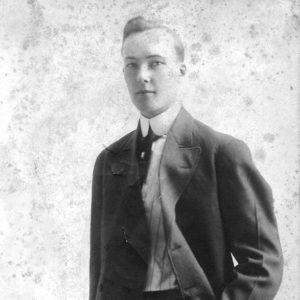 Gustavus Roescher
Gustavus Roescher
Roescher, Gustavus
aka: Gus Rusher
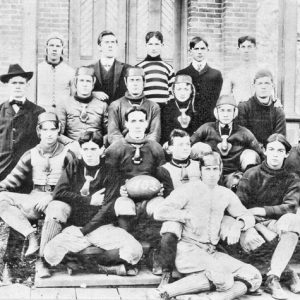 Rogers Academy Football Team
Rogers Academy Football Team
Rogers, Anthony Astley Cooper
 Dennis Rogers
Dennis Rogers
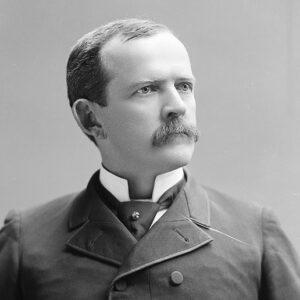 J. H. Rogers
J. H. Rogers
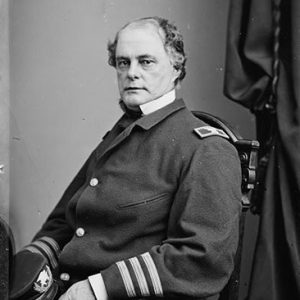 Captain John Rodgers
Captain John Rodgers
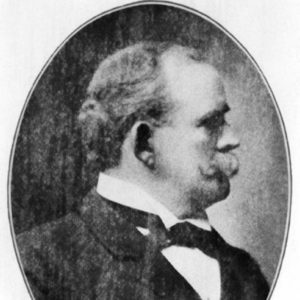 John Henry Rogers
John Henry Rogers
Rogers, John Henry
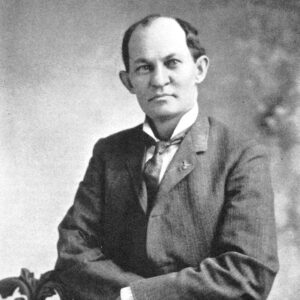 Robert L. Rogers
Robert L. Rogers
Rogers, Robert L.
Rolla, Missouri, to Batesville, Expedition from
 Rolling Stones
Rolling Stones
 The Romans
The Romans
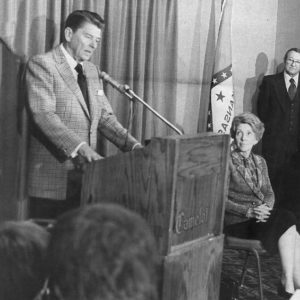 Ronald Reagan in Little Rock
Ronald Reagan in Little Rock
Rooker, Oley Eldon
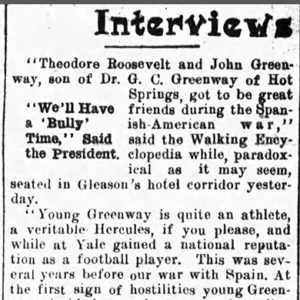 Roosevelt Interview Article
Roosevelt Interview Article
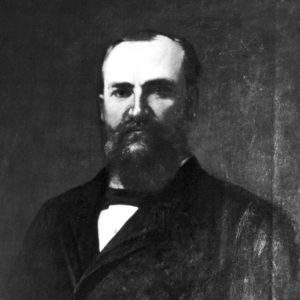 Logan Roots
Logan Roots
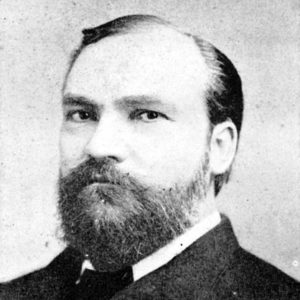 Logan Roots
Logan Roots
Roots, Logan Holt
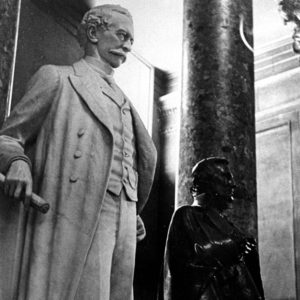 Rose Statue
Rose Statue
Rose, Henry (Execution of)
Rose, Robert (Execution of)
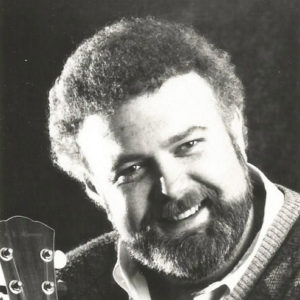 Terry Rose
Terry Rose
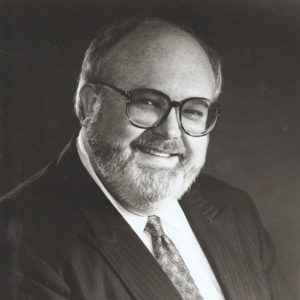 Terry Rose
Terry Rose
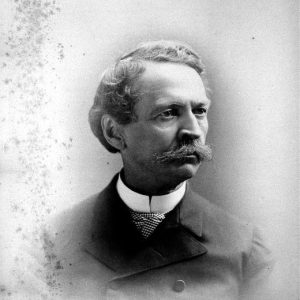 Uriah Rose
Uriah Rose
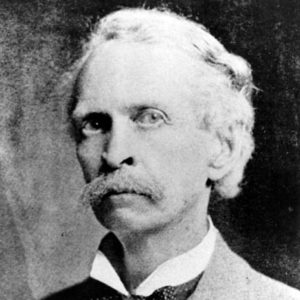 Uriah Rose
Uriah Rose
Rose, Uriah Milton
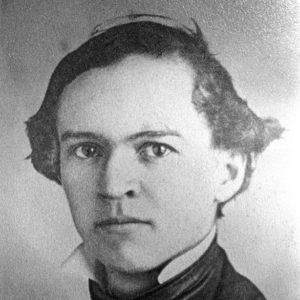 Uriah Milton Rose
Uriah Milton Rose
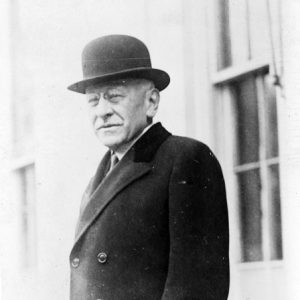 Julius Rosenwald
Julius Rosenwald
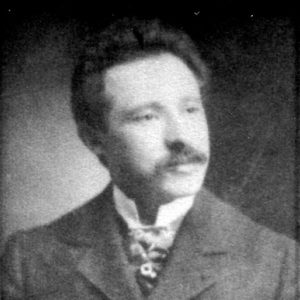 B. J. Rosewater
B. J. Rosewater
Rosewater, Benjamin J. (B. J.)
Ross, Jimmy Douglas
 Jimmy Ross
Jimmy Ross
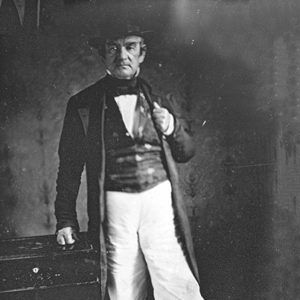 John Ross
John Ross
 Ross and Beebe
Ross and Beebe
 Mike Ross
Mike Ross
Ross, Michael Avery (Mike)
 Mike Ross
Mike Ross
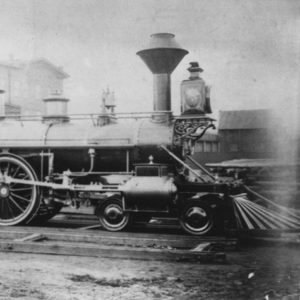 Roswell Beebe Locomotive
Roswell Beebe Locomotive
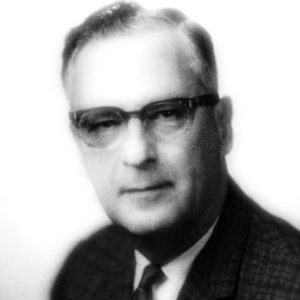 Matt Rothert
Matt Rothert
Rothert, Matt, Sr.
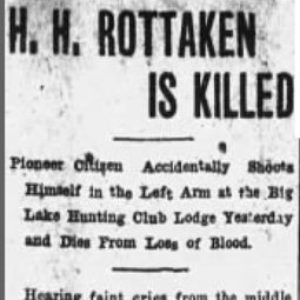 Rottaken Death Article
Rottaken Death Article
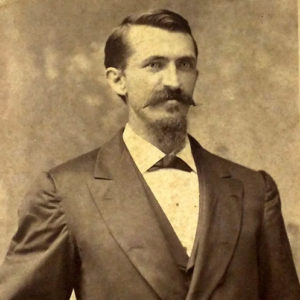 Herbert Rottaken
Herbert Rottaken
Rottaken, Herbert H.
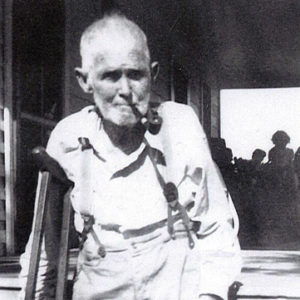 T. J. Rowbotham
T. J. Rowbotham




